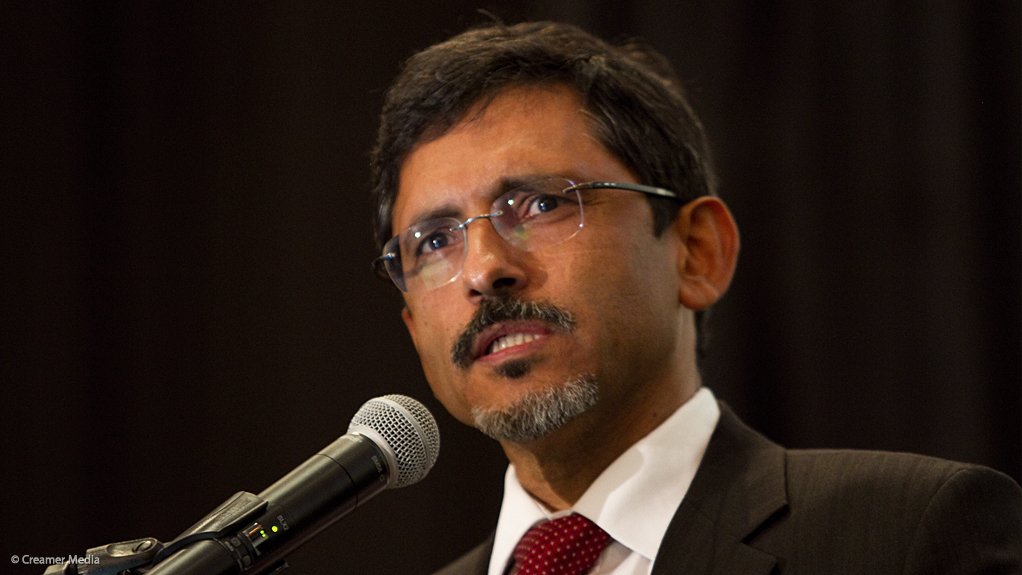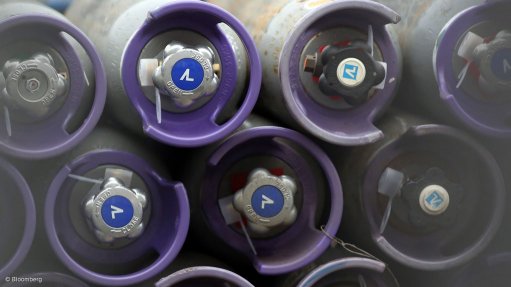Govt mulls boosting divestiture, pricing powers of competition bodies
Economic Development Minister Ebrahim Patel has hinted to further amendments to South Africa’s Competition Act – changes that could increase the powers of the competition authorities to influence the industrial structure of the economy through forced divestiture and pricing remedies.
Addressing the eighth annual Competition Law, Economics and Policy Conference in Johannesburg on Thursday, Patel lauded the successes of South Africa’s competition authorities, which are marking their fifteenth anniversary this year. But he also indicated that government was expecting the authorities to do even more in the coming five years to help support government’s economic development and transformation agenda.
The competition regime, he argued, needed to shift from its current focus on market conduct to addressing the industrial structure of the economy. “This may require a greater resort to divestiture remedies to address market power. If we can’t find solutions in any other way, divestiture has to be much more clearly on the table.”
A stronger focus on pricing remedies is also being considered, particularly for critical inputs into the industrial economy, such as steel, polymers, fertilisers and infrastructure inputs. “We may have to amend the law . . . to more clearly empower the competition authorities in this area. So we are watching this space very carefully,” Patel said.
Days earlier, Trade and Industry Minister Dr Rob Davies told a colloquium on mineral beneficiation organised by the Parliamentary Portfolio Committee on Trade and Industry that government was determined to act against those corporations employing import parity pricing.
Davies indicated that, while government was willing to engage with companies such as ArcelorMittal South Africa and Sasol to find a solution, it would also consider approaching the competition authorities – both companies have already been subjected to excessive pricing complaints for flat steel and polymers respectively.
Government was also considering using the Mineral and Petroleum Resources Development Act as a tool for securing better prices for domestic processors of locally derived natural resources.
Patel urged the Competition Commission and the Competition Tribunal to improve their coordination with other State agencies to “open up sectors, to bring in new entrants and to increase competitiveness, but also economic outcomes”.
“This new alignment must respect the independence of the regulators, but all our agencies, however independent, ultimately work within the framework of national policies,” he stressed.
In the coming five years, legal effect would also be given to provisions in the Competition Act criminalising cartel behaviour, but Patel stressed that the authorities needed to be better prepared for this enforcement evolution.
The market enquiry provision of the Competition Act, meanwhile, would be tested through the current Private Healthcare Industry inquiry, following the High Court in Johannesburg’s dismissals of Netcare's application to stop the commission from using KPMG's services as technical advisers in the inquiry.
Competition Commission commissioner Tembinkosi Bonakele said that, while there were limitations to the role that competition policy could play in supporting both industrialisation and job creation, the commission would play its part in supporting those objectives.
There would also be a focus on simplifying processes and dealing with issues that were currently leading to unnecessary litigation, which resulted in long delays in finalising cases.
The Competition Tribunal’s Yasmin Carrim also suggested the convening of a stakeholders forum at which ideas for improving the workings of the competition regimes could be canvassed.
For her part, she was keen to see an improvement in case management as well as for a better balance to be struck between adversarial hearings and inquisitorial systems so as to help streamline merger processes. She also questioned whether a part-time appeals court, as was currently in place through the Competition Appeal Court, was the most appropriate structure for dealing with complex competition appeals.
Comments
Press Office
Announcements
What's On
Subscribe to improve your user experience...
Option 1 (equivalent of R125 a month):
Receive a weekly copy of Creamer Media's Engineering News & Mining Weekly magazine
(print copy for those in South Africa and e-magazine for those outside of South Africa)
Receive daily email newsletters
Access to full search results
Access archive of magazine back copies
Access to Projects in Progress
Access to ONE Research Report of your choice in PDF format
Option 2 (equivalent of R375 a month):
All benefits from Option 1
PLUS
Access to Creamer Media's Research Channel Africa for ALL Research Reports, in PDF format, on various industrial and mining sectors
including Electricity; Water; Energy Transition; Hydrogen; Roads, Rail and Ports; Coal; Gold; Platinum; Battery Metals; etc.
Already a subscriber?
Forgotten your password?
Receive weekly copy of Creamer Media's Engineering News & Mining Weekly magazine (print copy for those in South Africa and e-magazine for those outside of South Africa)
➕
Recieve daily email newsletters
➕
Access to full search results
➕
Access archive of magazine back copies
➕
Access to Projects in Progress
➕
Access to ONE Research Report of your choice in PDF format
RESEARCH CHANNEL AFRICA
R4500 (equivalent of R375 a month)
SUBSCRIBEAll benefits from Option 1
➕
Access to Creamer Media's Research Channel Africa for ALL Research Reports on various industrial and mining sectors, in PDF format, including on:
Electricity
➕
Water
➕
Energy Transition
➕
Hydrogen
➕
Roads, Rail and Ports
➕
Coal
➕
Gold
➕
Platinum
➕
Battery Metals
➕
etc.
Receive all benefits from Option 1 or Option 2 delivered to numerous people at your company
➕
Multiple User names and Passwords for simultaneous log-ins
➕
Intranet integration access to all in your organisation





















